Gatorade is a sports drink that helps athletes replenish their energy after exercise. Designed to help replace water, electrolytes, and carbohydrates (especially sugar) lost through sweat during intense physical activity, Gatorade is considered to be the best-selling sports drink in the US.
But how healthy is it exactly? What are the not so desirable effects of Gatorade? Can Gatorade cause diarrhea? Let’s take a closer look at this popular product.
Gatorade: Background Info
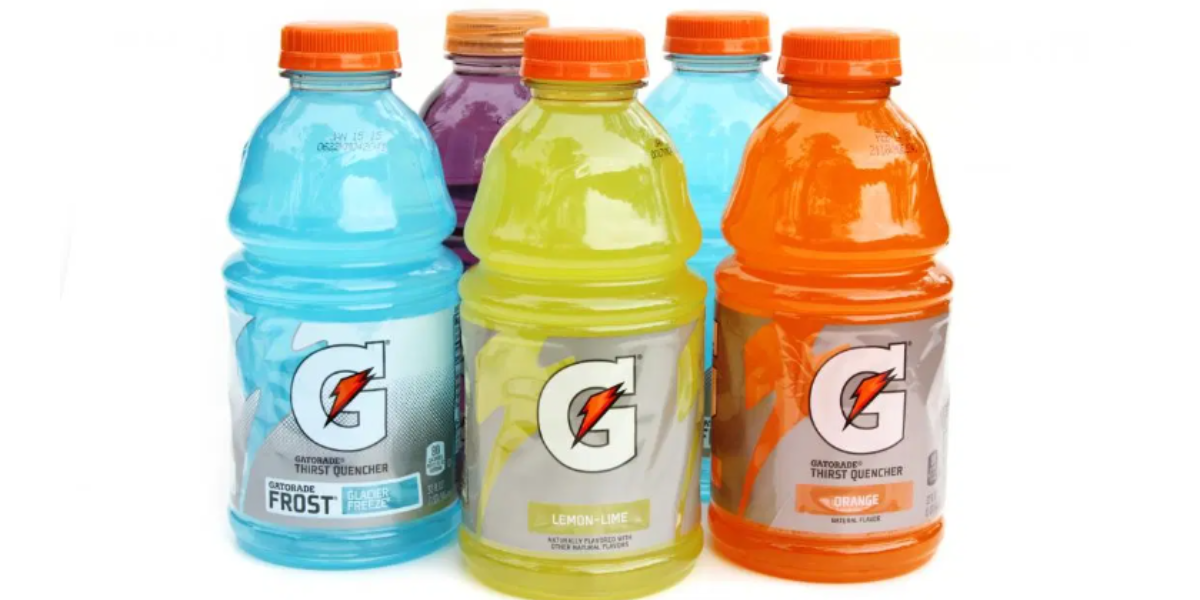
It is not generally known, but the inspiration for Gatorade began at Florida State University when its football team’s physician, Dr. R.A. Johnson, concocted his own version of a sports drink which he called ‘Seminole Firewater’. The purpose of the drink was to keep the football players hydrated and reduce episodes of cramping.
Later on, word of the mysterious drink spread during a 1964 annual sports seminar. After hearing about the mystery drink, a group of scientists from the University of Florida headed by Dr. James Robert Cade created a similar liquid to replenish the bodily fluids that were lost by their athletes during physical exertion. They named the drink ‘Gatorade’ after the university’s mascot, the Florida Gators, and had it patented in 1967.
Over the years, the effectiveness of Gatorade became well-known, and more and more athletic teams began using the sports drink. In 1983, Gatorade was named the official sports drink of the National Football League. By 2015, royalties for the families of the inventors of Gatorade have exceeded $1 billion.

But what does a bottle of Gatorade contain? Here are the nutritional facts of a 20-ounce (591 ml) bottle of lemon-lime flavored Gatorade G Thirst Quencher and their accompanying percentage of recommended daily values based on a 2000-calorie diet:
Calories 140
Fats 0g (0% of DV)
Carbohydrates 36g (13% of DV)
Fiber 0g (0% of DV)
Sugars 34g (69% of DV)
Protein 0g (0% of DV)
Sodium 270mg (11% of DV)
Potassium 80mg (2% of DV)
Phosphorus 40 mg (4% of DV)
The ingredients also include water, sugar, salt, dextrose, citric acid, sodium citrate, gum arabic, monopotassium phosphate, glycerol ester of rosin, natural flavor, and Yellow 5.
Aside from water, electrolytes are the main ingredients found in Gatorade that help keep us hydrated. They are minerals found in blood and other body fluids that conduct electrical charges to regulate nerve and muscle function, balance the pH level, and maintain blood acidity and water content in your body, among other things.
When we sweat, the electrolytes lost in high concentrations are sodium and chloride while those lost in low concentrations are calcium, potassium, and magnesium. When the electrolytes are not sufficiently replaced by your body, it can lead to electrolyte imbalance, the symptoms of which include:
- Headaches
- Dizziness
- Fatigue
- Confusion and irritability
- Irregular heart rate
- Constipation or diarrhea
- Nausea and vomiting
- Muscle cramps
- Numbness or tingling in extremities
- Dark-colored urine
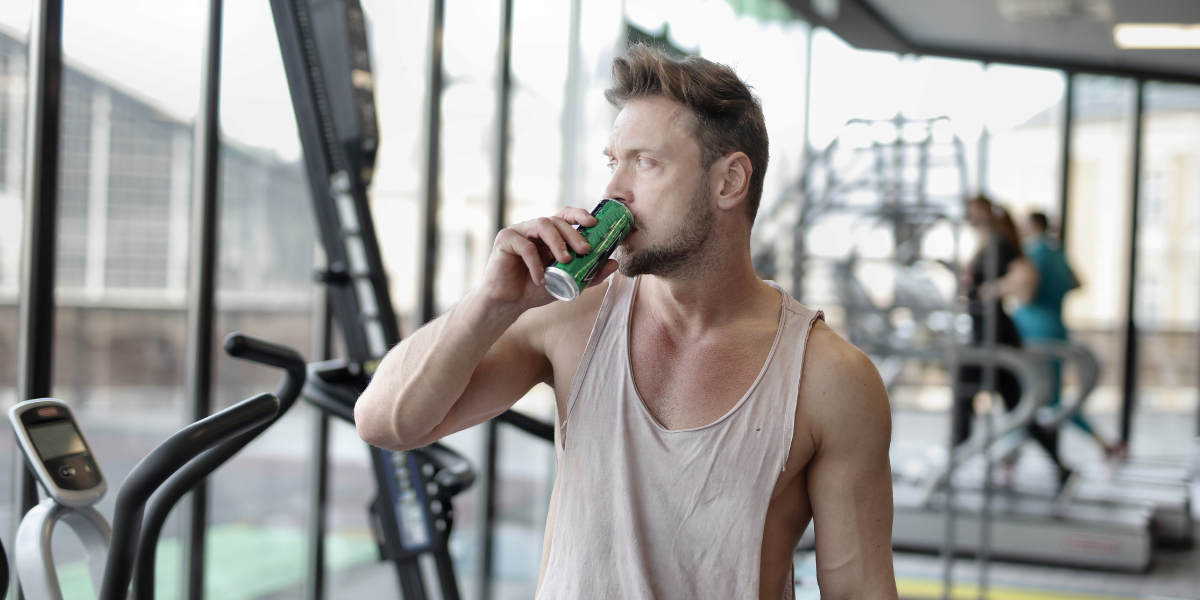
Gatorade helps prevent electrolyte imbalance because it contains 3 electrolytes, namely sodium, potassium, and chloride. They replace lost electrolytes during intense exercise and ensure that your body remains in optimal function. Here are some of the health benefits of Gatorade:
- Keeps you hydrated
- Improves athletic performance
- Increases exercise capacity
- Replaces vital nutrients lost from sweating
- Maintains blood glucose levels
- Prevents muscle cramps during exercise
The best way to stay hydrated is by drinking water, but sometimes more is needed. Gatorade is intended to replenish lost electrolytes when water alone is not sufficient to replace them. You can use Gatorade as a temporary measure to allow your body to recover until more electrolytes are available.
Can Gatorade Cause Diarrhea?

Whether you are engaging in intense physical activity or right afterward, it is always a good idea to rehydrate and replenish your body by drinking a refreshing bottle of Gatorade. But can Gatorade cause diarrhea?
Although Gatorade doesn’t usually lead to diarrhea, there are some reasons why it might. Knowing what they are and how to avoid over-exerting your bowels can help you stay hydrated and healthy. Some ingredients contained in Gatorade can make you develop diarrhea and they include the following:
-
Food Dyes
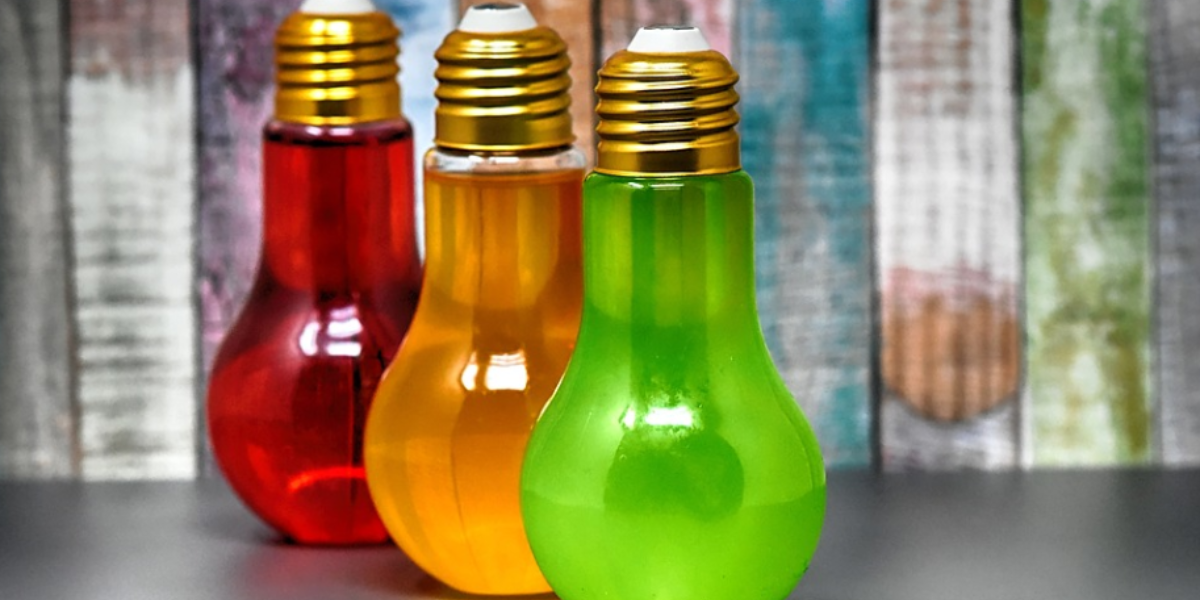
At present, the FDA has a list of 9 approved food dyes for use in food. The most commonly used of these artificial food colors are Red 3, Red 40, Blue 1, Blue 2, Yellow 5, and Yellow 6. They are often found in foods such as ice cream, candy, cakes, cereal, and sports drinks. Gatorade’s vibrant colors can be attributed to 3 of them, Red 40, Blue 1, and Yellow 5 depending on the flavor involved.
According to assistant clinical nutrition manager, Ashley Baumohl, RD, CDN, CNSC at Lenox Hill Hospital in New York, “Food dyes are usually added to foods, beverages, and cosmetics for appearance purposes. They can enhance coloring and make products more appealing to the human eye.”
Although a lot of foods commonly contain artificial coloring, it is not always safe to eat and may raise notable health concerns, especially with children whose systems are not yet fully developed.
Artificial food dyes are often not intended to be absorbed by the body. They have been shown to interfere with the body’s digestive enzymes which help to digest food, and they increase intestinal permeability, otherwise known as “leaky gut”, which can be soothed by eating certain foods. The dyes are also known to adversely affect liver function as well as those of other vital organs.
In addition, some people have a sensitivity or intolerance to food dyes, especially the red and yellow varieties. Baumohl says when this happens, the most common reaction usually involves the digestive system.
When your body is unable to break down the artificial food coloring, gastrointestinal upset can occur. These issues can mean stomach pain, cramps, gas, bloating, and diarrhea. Fortunately, food dyes are typically removed from your system within 1 to 2 days.
-
Sugar
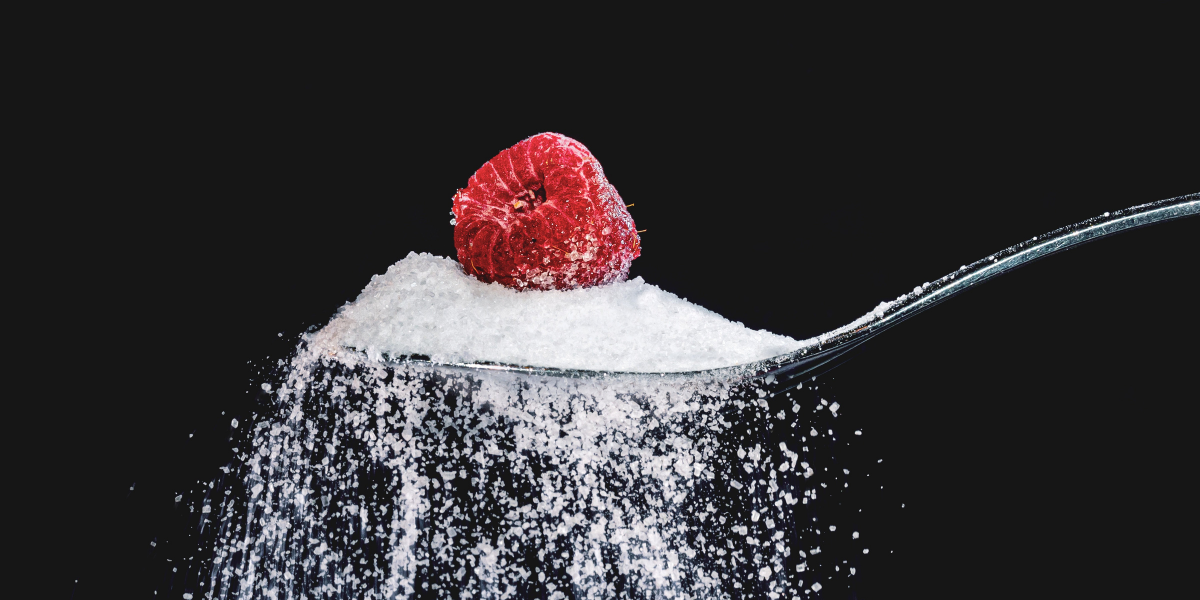
A favorite among athletes and exercise enthusiasts, Gatorade is full of electrolytes, but also contains sugar. The sugar in Gatorade provides a quick energy boost with its high carbohydrate content and is best suited for athletes who engage in high-intensity exercises for long periods.
Sugar makes the drink taste sweet but it also helps to speed up the rate of water absorption in the intestines. This tends to loosen bowel movement. If you take in a lot of sugar, you may develop diarrhea.
The American Heart Association recommends no more than 9 teaspoons (36 grams) of added sugar per day for men and 6 teaspoons (25 grams) for women. You should take note that, at 34 grams in a 20-ounce bottle, Gatorade contains quite a lot of sugar and nearly covers your daily sugar intake allotment in one drink.
On average, Americans consume 77 grams of sugar per day. Sugar isn’t all bad though when taken in controlled amounts. In fact, it helps your body absorb electrolytes better.
For those who need to watch their sugar intake, Gatorade also offers an option called G2 which is low-calorie and low-sugar, and a sugar-free version called Gatorade Zero. However, they both contain the artificial sweeteners sucralose and acesulfame potassium in place of sugar.
Sucralose is categorized as a synthetic non-nutritive sweetener (NNS) because they provide a sweet taste without calories and other nourishment. The problem with NNSs is that a large percentage of them pass through the GI tract without being broken down properly, while the small amounts that do get absorbed are excreted in the urine.
For example, 85 percent of sucralose traverse through the colon and acts as an osmotic laxative, absorbing water from surrounding tissues in a process called ‘osmosis’ which results in softer stools that are easier to pass. However, sucralose, being difficult to process, accumulates in the GI tract causing an increase in the level of water and nitrogen gas in the colon. This leads to digestive issues such as gas, bloating, stomach cramps, and diarrhea.
-
Sodium
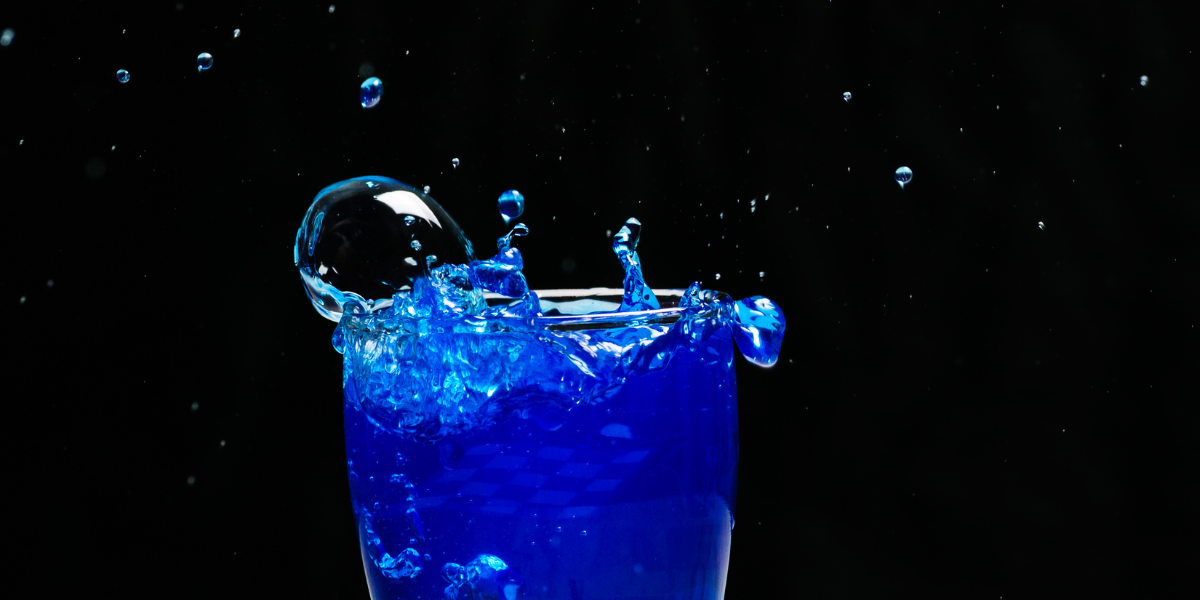
Salt (sodium) aids nerve and muscle function and controls fluid levels. However, sodium can cause diarrhea because it draws in moisture, accelerates digestion, and makes your stool watery. Since sodium triggers bowel movement, it can have a laxative effect. Eating a lot of salt can make you poop and may even lead to diarrhea so make sure not to overdo your salt intake.
If too much salt makes you poop, avoid ingesting more salt or other salty foods. You should also drink more water to make up for the salt you just took in. Doing this keeps you hydrated as the effects of the salt decline.
Gatorade contains twice as much sodium as other sports drinks. Sodium is the main electrolyte in the drink and is the most beneficial to athletes. A 20-ounce bottle of Gatorade has 270 milligrams of sodium or approximately 11% of the recommended daily value. This equates to about 450 milligrams of sodium per liter of Gatorade.
Athletic and physically active people usually lose from 900 to 1400 milligrams of sodium while exercising. Gatorade uses salt to replenish the electrolytes lost after exercise and avoid dehydration.
But how much sodium should you have in a day? According to the American Heart Association, sodium consumption should not exceed 2300 milligrams per day. It also says that aiming for a maximum of 1500 milligrams of sodium per day is more ideal. On average, Americans consume more than 3400 milligrams of sodium daily which is far in excess of the recommended amount.
Can the sodium level in Gatorade be harmful? A 2014 study published in the Journal of Dental and Medical Sciences which involved 40 adult participants declared that a person engaging in intense or prolonged exercise should drink a lot of fluid to make up for the electrolyte loss through sweating.
However, if you lead a sedentary lifestyle, you do not really need to drink Gatorade as you will just be infusing unnecessary sodium into your body. Too much sodium can lead to diarrhea as well as health complications like high blood pressure and kidney problems.
-
Potassium

Potassium supports heart, muscle, and nerve function and helps in rehydrating and maintaining fluid balance. In addition, potassium aids in managing your blood pressure by relaxing the walls of the blood vessels and reducing the negative impact of sodium.
Gatorade has 80 milligrams of potassium which is approximately 2% of the recommended daily value of around 3400 milligrams per day for adult males and 2600 milligrams for adult females. Fruits and vegetables can provide us with natural potassium but, thanks to processed foods sold in supermarkets, most people do not get enough of this mineral.
On the other hand, too much potassium intake can cause increased heart rate and digestive issues such as nausea, vomiting, abdominal pain, and diarrhea. Potassium has laxative properties and high potassium levels, also called ‘hyperkalemia’, draws in water in the colon and stimulates intestinal motility so that you may end up with watery diarrhea.
The Downside of Gatorade
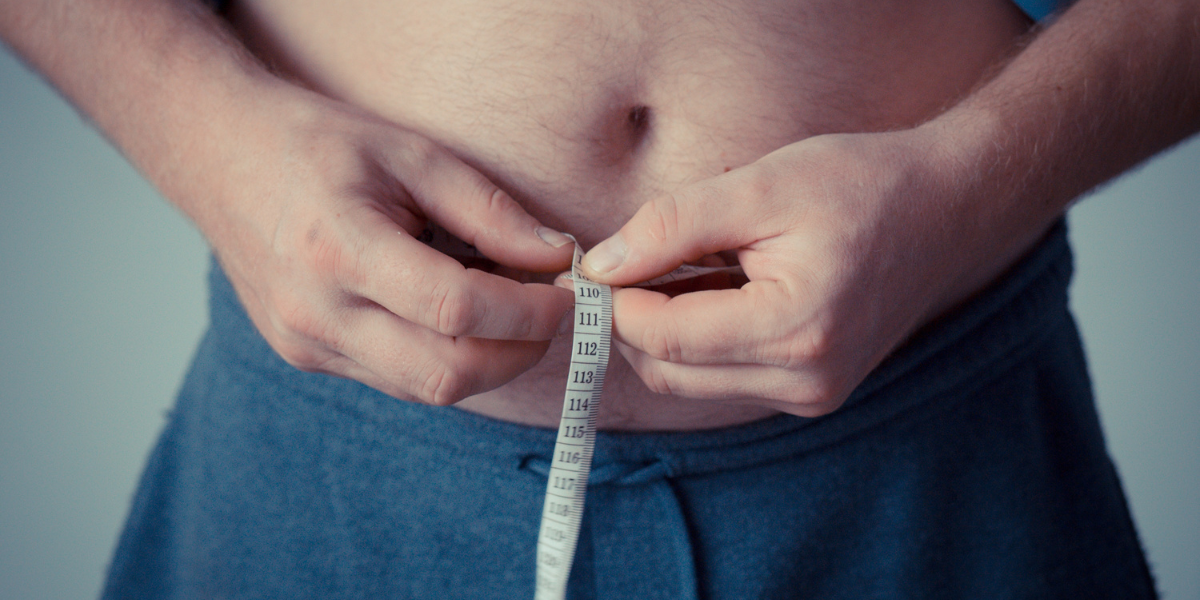
Aside from episodes of diarrhea, drinking too many sports drinks such as Gatorade can lead to certain side effects, especially if you already have preexisting health conditions or food sensitivities. Some of the notable downsides of Gatorade include:
- Loaded with sugar
- Loaded with sodium
- Contributes to childhood obesity
- Tooth decay
- Weight gain
- Hyperactivity in children
- Vitamin toxicity
- Kidney problems
- Hypertension
Gatorade contains electrolytes that help keep you hydrated. However, due to the added sugar and calories, this drink may not be advisable if you plan to eat healthily or lose weight. Sweating causes us to lose both water and electrolytes, but there is really no need to replenish your electrolytes unless you have been exercising for more than 60 to 90 minutes.
The Bottomline
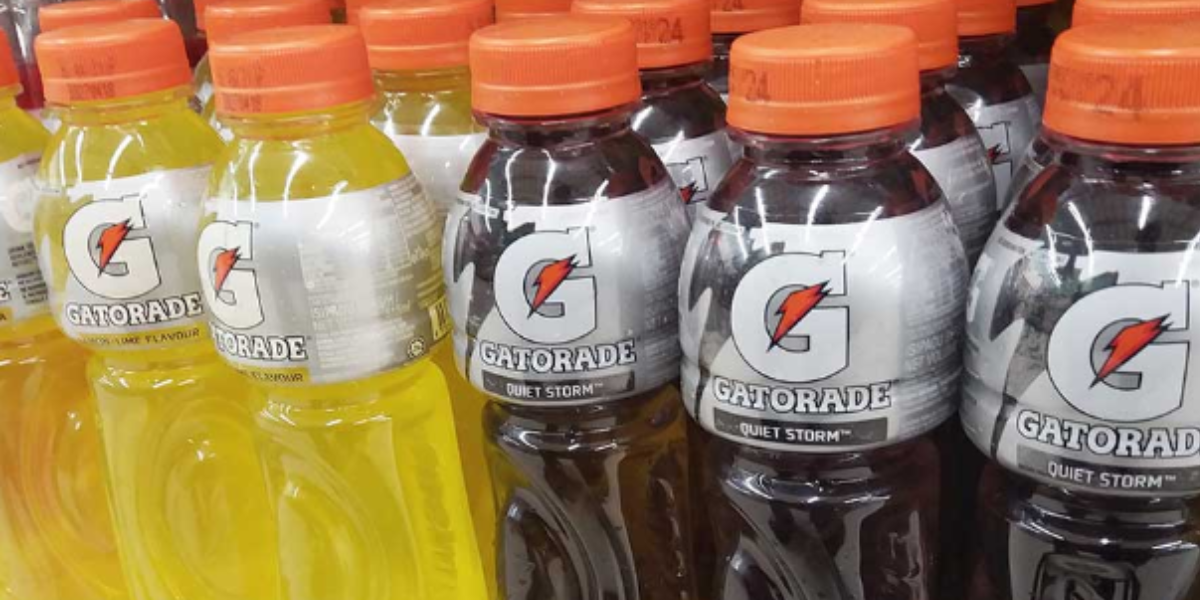
Drinking Gatorade after 30 minutes or more of intense physical activity can replace fluids and electrolytes lost through sweat. However, drinking water does the same thing without the accompanying disadvantages.
Gatorade is not harmful to your health, but it must be taken in moderation as the drink contains a lot of sugar and salt. People who follow a sedentary lifestyle, or those who suffer from diabetes, hypertension, or heart disease, in particular, must first take this into consideration before drinking Gatorade.
If you are feeling dehydrated, a bottle of Gatorade can quickly get your body back in balance. But it does have its downside. For example, can Gatorade cause diarrhea? Yes, it can and there are several reasons why this is so!

